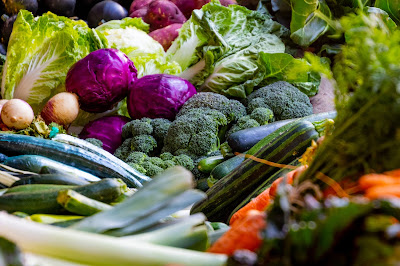Midlife is often referred to as a crisis.
Why?
Well, it may not exactly be a crisis, but it does involve a great deal of change and reflection. It can be a lonely time, feeling like everything is falling apart. It can surface feelings of emptiness, boredom, lack of purpose and regret for unfulfilled dreams. It can bring more health issues than we like, often forcing us to give up activities we once loved.
For some women, the changes are welcomed and new hopes and dreams can take hold as family responsibilities lighten up. Regardless, it's a time of change and even complexity. Even good things can stir up uncomfortable emotions.
How can we best navigate these times?
Make sure you are in the best physical shape possible. Get your yearly exams and work on any health problems that you can change through diet and exercise. Your health care provider at Madison Women's Clinic can help you with your changing body and hormone fluctuations that comes with menopause. There is no better time to invest in yourself than now. Food was once used as medicine and getting back to that principle can go a long way in eliminating the day to day discomforts. Part of this focus can be changing some habits that no longer serve us well. Remember that your health is a process, for good or for bad, and turning things around, can take a season or two. Be patient with yourself on this new midlife journey.
It's important to acknowledge that life is changing and making that transition is hard. What about shifting your thinking from using the term, 'crisis' to 'change' or 'journey'? A crisis sounds down right depressing and anxiety producing. Of course, we can experience moments that resemble a crisis, but breaking it down to facets of change can help us sort out the complexities and feel more empowered; because, let's be honest, there is much we can do if we believe in ourselves.
Check yourself when it comes to guilt. There are endless hours we can spend in shoulding and wishing upon things that never happened or did happen that we regret. The past is long since gone. It serves no purpose to dwell on what was. Instead focus on being better today, than you were yesterday. That's where we really make a difference...in our own life of comparing you to you. Any other comparison only escalates feelings of guilt, shame and loneliness.
Set new goals, hopes, wishes and dreams. Determine new traditions that are established in your changing world. Take some time to create a personal inventory of the good, the bad and the ugly you face. If you can't do anything to change the negative things you face, then let them be. Place your focus and intention on the power you do have to create positive change in your life.
A crisis can make us feel small and out of control but midlife can be anything but that! Of course, there is opposition in all things and we need the challenges to keep us growing and learning but midlife can be amazing and wonderful and lead us down paths that show us a whole new world of deeper love and appreciation for the life we have been given.
Start today... Start small...How will the second half of your life look?






















